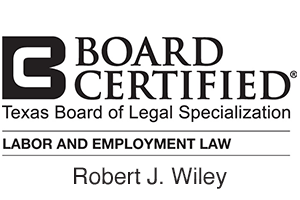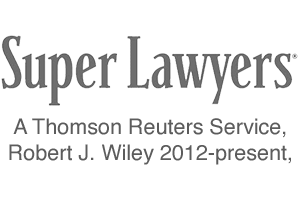in Austin, Texas
Sarbanes Oxley Whistleblowing
Whistleblowers at Publicly Traded Corporations Are Protected from Retaliation
After the Enron scandal, the federal government passed the Sarbanes-Oxley Act. Under this act, stricter standards were established for the conduct of publicly traded companies, their management, their boards, and their accounting firms. It also established protections for whistleblowers who exposed evidence of violations of federal laws prohibiting fraud. The Sarbanes-Oxley Act prevents employers from terminating, reassigning, suspending, threatening, or otherwise retaliating against employees who reported fraud committed by their employer or assisted in an investigation thereof. Employers are also specifically prohibited from retaliating against employees who file or help with any proceeding that concerns a violation of federal anti-fraud laws.
Who Is Eligible for Sarbanes-Oxley Protection?
The Sarbanes-Oxley Act protects employees, officers, and agents of publicly traded companies. In this situation, “publicly traded” companies are defined as companies that issue securities registered under the Securities Exchange Act of 1934 section 12, or those that are required to file reports under section 15(d) of the same Act. The Sarbanes-Oxley whistleblower protections also apply to workers employed by affiliates or subsidiaries of publicly traded companies, as long as their financial information is part of the consolidated financial statements of that publicly traded company. Some contractors or subcontractors for publicly traded companies are also covered if their whistleblowing relates to the contractor’s work with the public company (unrelated retaliation is not covered). Employees of nationally-recognized statistical rating organizations (which assess the creditworthiness of investment firms and financial instruments such as securities) also benefit from the provisions of the Sarbanes-Oxley Act.
Employees qualify as a whistleblower if they provide information about violations of criminal anti-fraud statutes, SEC rules and regulations, or provisions of federal law that relate to defrauding shareholders. Importantly, workers do not have to file a complaint with the SEC in order to benefit from protection. Employers who report their concerns to their supervisor and then face retaliation are protected by the Sarbanes-Oxley Act. Furthermore, only a reasonable belief that the law is being violated is required in order for a complaint to be protected. As long as the employee’s complaint is based in facts actually known to them, and they reasonably believe that fraud is being committed, they are protected whether or not any securities laws were violated or any shareholders were defrauded.
How to Report Violations and Protect Your Rights
Workers who were retaliated against for Sarbanes-Oxley whistleblowing and wish to make a claim may file their complaint with the United States Secretary of Labor. The Secretary will investigate the allegations, and may issue a final decision at that stage. However, if the Secretary does not publish a decision within 180 days, the employee may bring a lawsuit against their employer in federal district court. If you find yourself pursuing a federal lawsuit against your employer for Sarbanes-Oxley retaliation, it is extremely important that you have good legal representation. Your employer will have the advice of legal counsel, and a whistleblowing lawyer such as those employed by Austin Employment Lawyers, P.C. can help advise you on how best to make your claim.
If you have faced retaliation due to Sarbanes-Oxley whistleblowing in Texas, you have only a short time in which to pursue monetary damages or other relief. The statute of limitations for bringing such a claim is 180 days after the date of the violation (or the date when you became aware of the violation). The Austin wrongful termination lawyers at Austin Employment Lawyers, P.C. can assist you with your case, and represent workers throughout the Austin area. If you are considering bringing a Sarbanes-Oxley retaliation claim, you can get in touch with us by filling out our intake form, or calling our office at (512) 271-5527.







